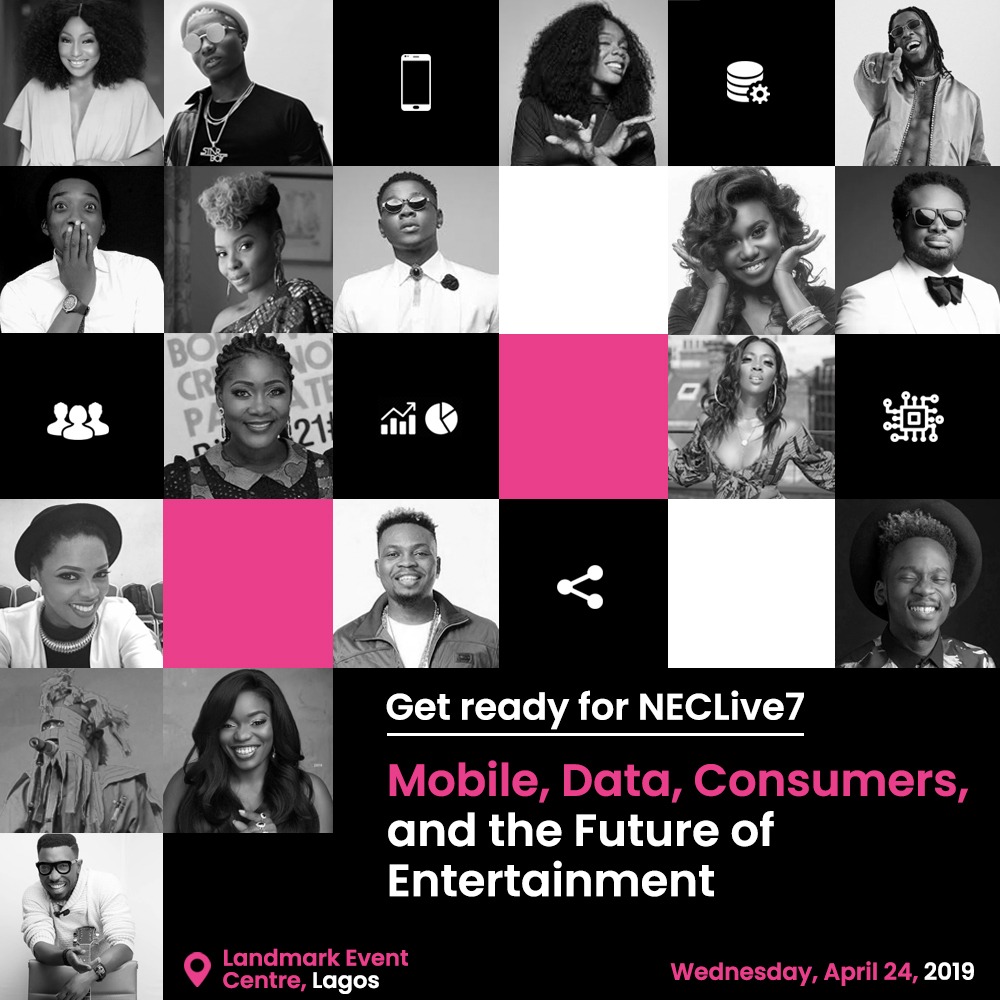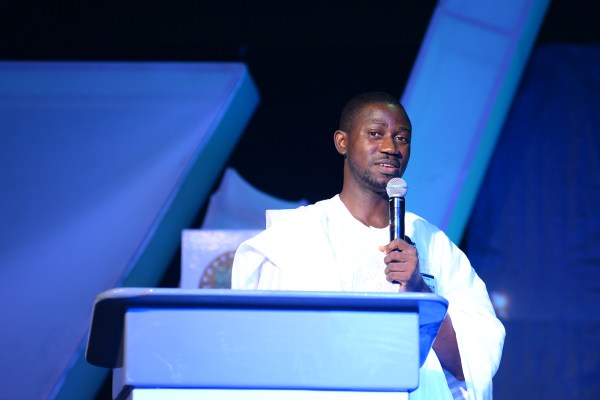Nigerian Entertainment Conference 2019 To Hold In April
- Get link
- X
- Other Apps
- NET <contact@thenet.ng>To:mondestrep@yahoo.com

Nigerian Entertainment Conference 2019 To Hold In April
The countdown to the 2019 edition of the Nigerian Entertainment Conference (NECLive) officially begins today with sixty-two days to its scheduled date, April 24.The event which enters its seventh year is, as usual, an ensemble of the brightest entertainers, performers, producers, singers, celebrities, business personalities, and fans, where conversations geared towards the development of Nigeria’s entertainment industry will be discussed.This year, the conference returns to the Landmark Event Centre in Lagos and will focus on Mobile Data, Consumers And The Future Of Entertainment.
Since inception in 2013, NECLive has brought together entertainment practitioners, corporate bodies and enthusiasts for a full day of networking, workshops, masterclasses and collaborations. It serves as a platform for discussing challenges, exchanging ideas and finding a strengthened pathway for the entertainment industry in Nigeria to thrive.
The founder and convener of the conference Ayeni Adekunle says " Over time, it has become clear that the Nigerian entertainment industry needs an event like NECLive. The platform presents attendees and industry players the opportunity to network, and stakeholders with the much-needed insight to operate in this $8 billion industry."
He also adds: "There’s an opportunity to build something that can truly transform the industry. And that’s what technology provides. From comedy to music, film, fashion, and media, how can we make sure that we build a future where our products are available to consumers where, when and how they want them? How can we make sure that experiences can be customised and personal? How can we create a system where the big funds are pouring into the creative sector because it’s been demonstrated that the industry means business?"
Speakers, panellists, moderators and performers will be announced in the weeks leading up to the conference. NECLive continues to be free registration for all attendees, but participants must pre-register on nec.ng.REGISTER FOR NEC LIVE 7 HERE



Comments
Post a Comment